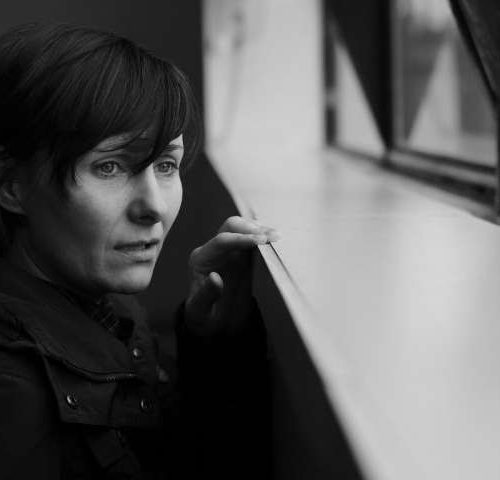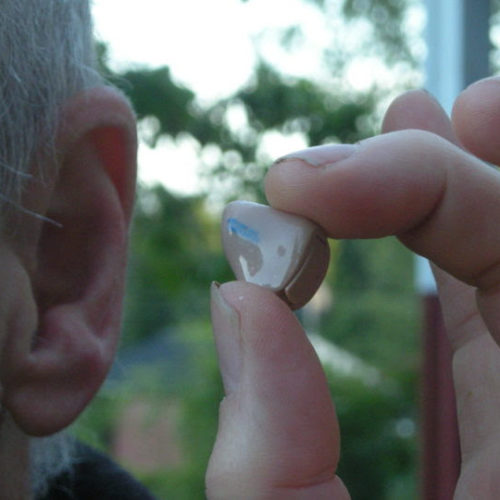by Edith Cowan University The COVID-19 pandemic has significantly disrupted our experiences of, … ath and bereavement. Edith Cowan University Lecturer and Psychotherapist Karen Anderson has used key research and her own observations working on the frontline of counseling to explain the impact of this pandemic on the grief process, and how we can better...
Tag: <span>death</span>
Mitochondria in Age-Related Hearing Loss
In this open access paper, researchers present evidence to suggest that the mitochondrial dysfunction that accompanies aging may be a meaningful cause of the loss of neurons that contributes age-related hearing loss, in the sense that it increases the incidence of necroptosis, a form of programmed cell death. Present thinking on the progressive deafness of...
Smokers and hypertensive individuals have higher risk of sudden death from brain bleed than previously believed
by University of Helsinki Contrary to the previous data, a Finnish study clarifies that smoking and high blood pressure do not protect from death in patients suffering from subarachnoid hemorrhage, the most lethal stroke subtype. In fact, subarachnoid hemorrhage kills smokers and hypertensive individuals even before they reach hospitals, and therefore, previous studies that did...
Physical activity at any intensity linked to lower risk of early death
by National Institute for Health Research A multi-national team of researchers, including authors from the National Institute for Health Research (NIHR) Leicester Biomedical Research Centre (BRC), have produced clear evidence that higher levels of physical activity—regardless of intensity—are associated with a lower risk of early death in middle aged and older people. The findings, published...
Seeing the same doctor is a matter of life and death
A ground-breaking study has concluded that patients who see the same doctor over time have lower death rates. Credit: CC0 Public Domain The study, a collaboration between St Leonard’s Practice in Exeter and the University of Exeter Medical School, is published today in BMJ Open. It is the first ever systematic review of the relationship between death rates and continuity of care—seeing...
‘Kiss of death’ cancer: How computational geeks may have uncovered a therapy for a deadly disease
It’s called the ‘kiss of death’. Triple-negative breast cancer has no targeted drug therapy and, as such, the only hope for these patients is chemotherapy. Triple-negative breast cancer is aggressive and deadly. Patients are currently treated by chemotherapy but there is no guarantee of success—and unfortunately, for those that chemotherapy does not work, the survival...


